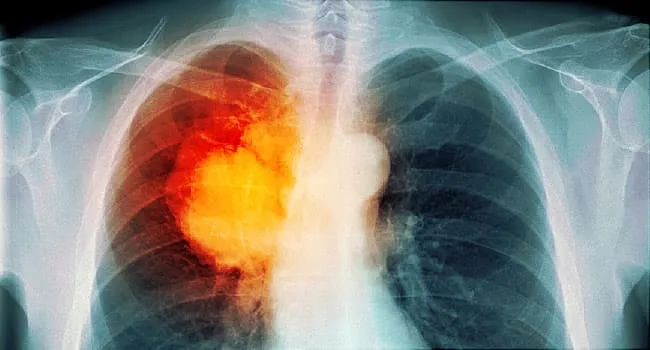Ultra-Processed Food Linked to 41% Higher Lung Cancer Risk. A major U.S. study has found that people who regularly eat ultra-processed foods (UPFs) may face a 41% higher risk of developing lung cancer — even if they have never smoked.
The findings add to growing global concern over the health impact of diets high in industrially processed foods.
What Are Ultra-Processed Foods?

Ultra-processed foods (UPFs) are products that go through multiple industrial processes and often include ingredients rarely found in home kitchens — such as artificial flavors, preservatives, emulsifiers, and food colorings.
Common examples include:
- Packaged chips and frozen meals
- Flavored yogurts and processed bread
- Instant noodles and sweetened breakfast cereals
While these items offer convenience and longer shelf life, research increasingly links them to serious health issues.
New Evidence Connects UPFs to Lung Cancer

In this latest long-term study, researchers followed the dietary habits and health outcomes of 1,706 American adults over a 12-year period. Every participant was diagnosed with lung cancer during that time.
After adjusting for known risk factors — including smoking history, air pollution, and genetic predispositions — the study still found that high UPF consumption was strongly associated with an elevated cancer risk.
Key takeaway: Diet alone may be an independent risk factor for lung cancer.
Not Just About Smoking Anymore
For decades, lung cancer prevention has focused primarily on smoking. However, this research shows that even non-smokers who consume high levels of UPFs remain at elevated risk.
This challenges traditional assumptions and pushes public health conversations toward broader lifestyle factors — especially dietary choices.
Health Experts Call for Diet Overhaul
Nutritionists are urging people to reduce their UPF intake and adopt diets rich in whole, natural foods like:
- Fresh fruits and vegetables
- Whole grains (e.g., oats, barley, brown rice)
- Legumes, beans, and lentils
- Lean proteins and natural dairy
Prior studies have already linked UPFs to obesity, heart disease, diabetes, and depression. Now, with potential ties to lung cancer, experts say the need for dietary change is more urgent than ever.
Final Word: It’s Not Just About Smoking
This study serves as a wake-up call — not just for smokers, but for anyone who believes they are safe from lung cancer based on lifestyle alone.
As ultra-processed foods continue to dominate supermarket aisles and fast-food menus, making mindful, nutrition-focused choices could be a life-saving decision.








